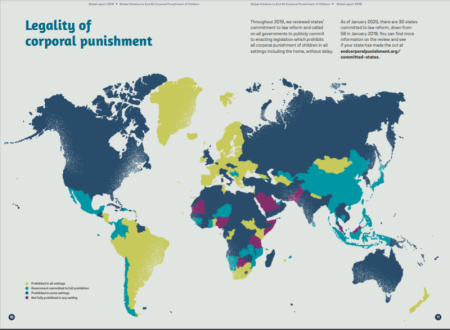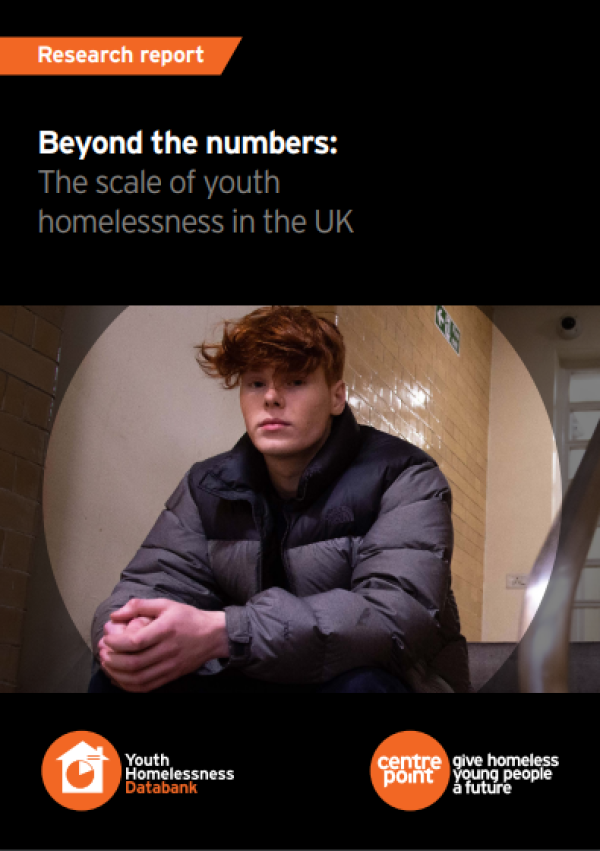
The BBC reports on the newly introduced smacking ban bill in Scotland, presenting the country as the very first part of the United Kingdom to do so.
Before the bill, it was allowed and quite common among parents and carers to use smacking as a form of discipline, labeling physical force as “justifiable assault”, especially when parents believed it was the only thing to make their children stop behaving badly. With the passing of the new law, this form of punishment will be considered illegal even if parents believe it is reasonable.
The introduction of the ban to smack children in the domestic environment goes back to the 1980s with Sweden being the leading country to stand up against this form of abuse and Scotland has become the 58th country to follow suit. While Wales has also made the decision to pass a law, launching it in 2022, England and Northern Ireland have not indicated any intention to act accordingly.
The advocates for the ban expressed their appraisal reasoning that corporal punishment “should no longer be a part of childhood, [...] violence is never acceptable” and it should “never be reasonable to strike a child”. Furthermore, it was highlighted that the law paves the way for a Scotland “where children’s rights are truly recognised, respected and fulfilled.”
On the other hand, those arguing against the law believe that the changes are of unnecessary nature and it would not put an end to severe abuse of children, but mingle with the “good” families where parents use mild force to discipline. Moreover, they suggest that the ban might cause further complications by putting the spotlight on every parent using physical force, thus condemning those “loving parents” who only used mild disciplinary methods. They suggest investing and developing social work to increase the capability of identifying and combating actual and regular abduction of children instead of putting uncalled pressure on parents smacking their kids from time to time.
Earlier, during court cases deciding on the reason of chastisement several factors were considered ultimately leaving the parents with the possibility to smack their children, as a form of light punishment, but powerful strikes remained illegal. Now, even the forms of light disciplinary smacks by the parents can result in serious prosecution. Based on reports conducted in 2015, cases involving children and chastisement were more widespread in the UK and other studies showed that 70-80% of parents in the UK applied physical punishment with children under the age of seven. Even though in some countries, especially in those where it has been banned already, smacking became less common, the concept itself is still considered to be hurtful and mentally upsetting for children.
The general standpoint differs in some countries on the British Isles. While Ireland passed the ban on smacking in 2015, depending on the severity of the punishment, i.e. leaving marks, bruises, cuts, etc. on the child, parents in England, Wales and Northern Ireland can be persecuted, nonetheless, with the ban on smacking in Wales even the notion of “reasonable punishment” will bring about legal charges against parents.

You might like..

















